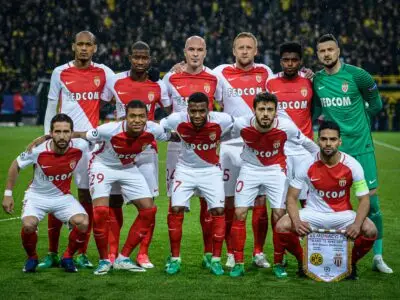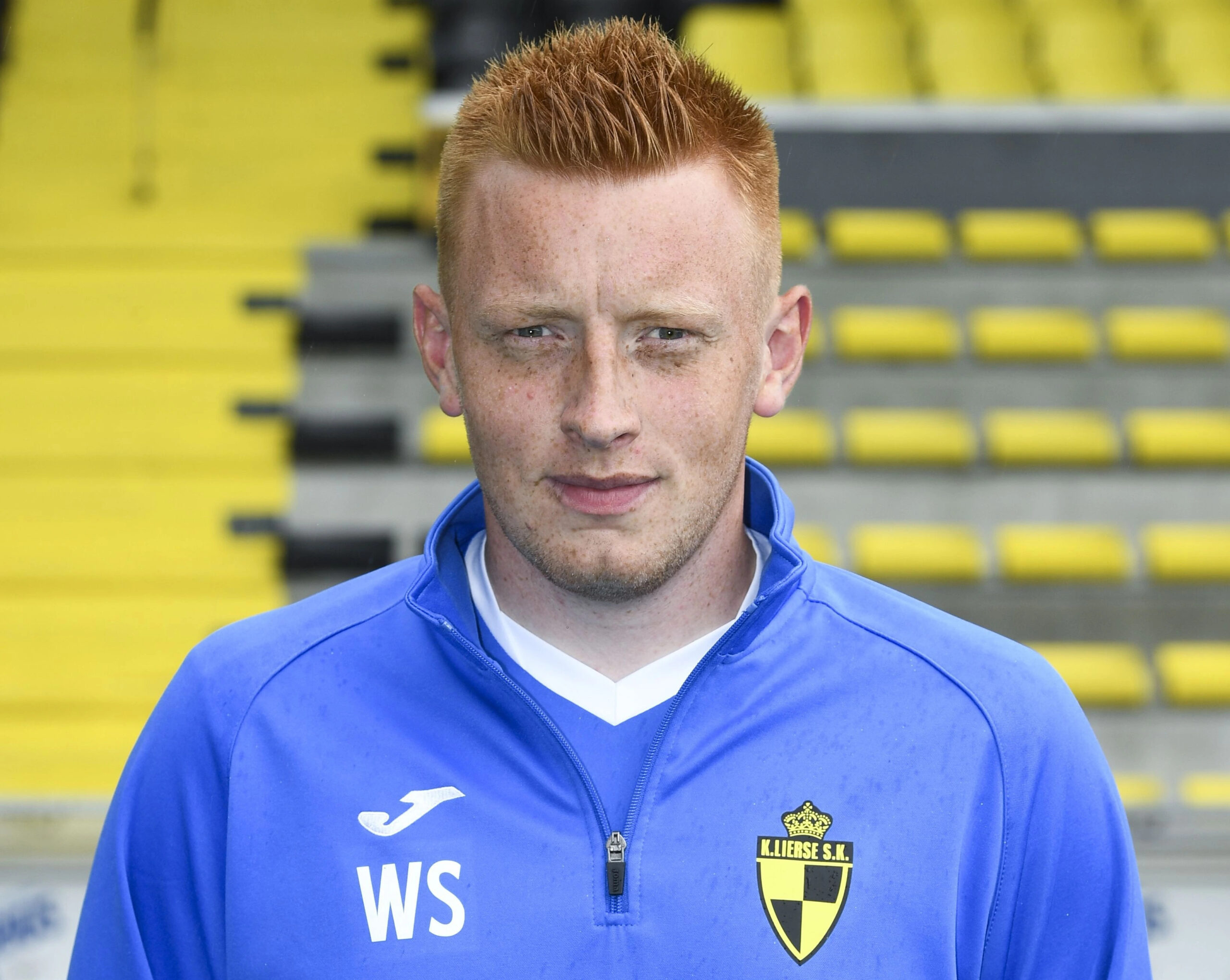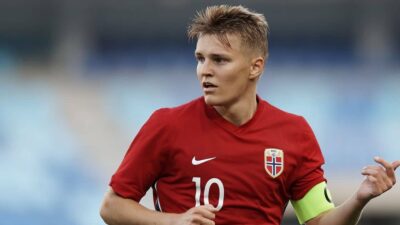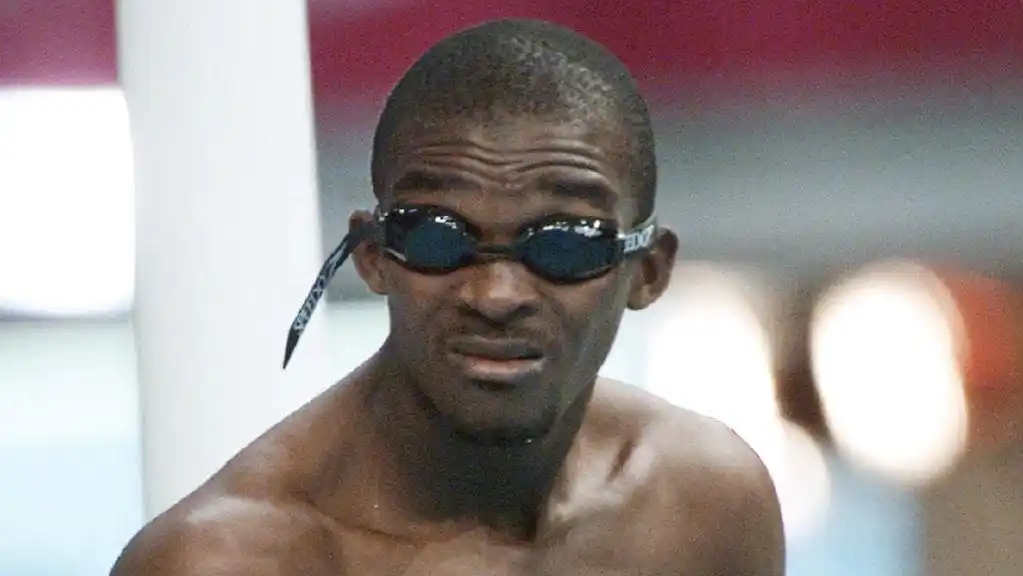In football, there are always players who burst into the limelight at a relatively young age, with the prospect of going on to become some of the best in the game at their peak.
As history has shown, several variables can hinder these promising talents from reaching the predicted heights throughout their careers.
There are injuries, inability to live up to the hype and eventually succumbing to the pressure, or not having enough desire and drive to become one of the best, to name a few.
However, very few have had a case similar to Quincy Promes. How did he go from a Dutch prodigy to a career criminal?
Quincy Promes as a young footballer
Born on January 4, 1992, in Amsterdam, Quincy Anton Promes came through the youth ranks of Ajax, one of Europe’s most prestigious football academies, before making a name for himself at FC Twente in the Dutch Eredivisie.
His time at Ajax shaped his future success, emphasizing technical proficiency and tactical awareness from a young age.
Despite his potential, Ajax struggled to find a place for Promes on their first team, so they loaned him to Go Ahead Eagles for a season to gain experience.
It was during his subsequent move to FC Twente that Promes truly began to shine.
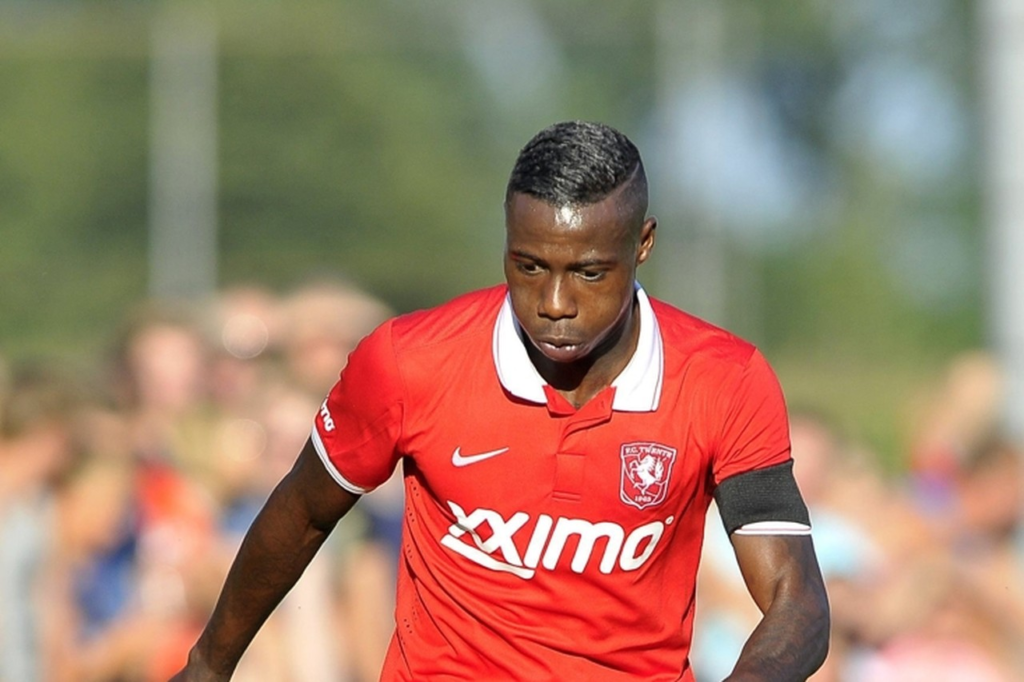
Joining Twente’s senior squad in 2012, he quickly established himself as a dynamic winger with exceptional dribbling skills and an instinct for scoring crucial goals.
His pace and ability to read the game made him a standout in the Eredivisie, catching the attention of clubs both domestically and abroad.
Promes’ breakthrough season came in 2013/2014 when he played a pivotal role in Twente’s campaign. He contributed significantly to their attacking play and finished as one of the top scorers in the league.
Only a few wingers and attacking midfielders bettered his ten goals, a testament to his attacking prowess from wide positions.
His performances not only earned him recognition as one of Eredivisie’s rising stars but also paved the way for a lucrative move to Spartak Moscow in 2014.
Quincy Promes shines for Spartak Moscow
Quincy Promes’ breakthrough at Spartak Moscow marked a crucial moment in his career, solidifying his status as a top talent in European football.
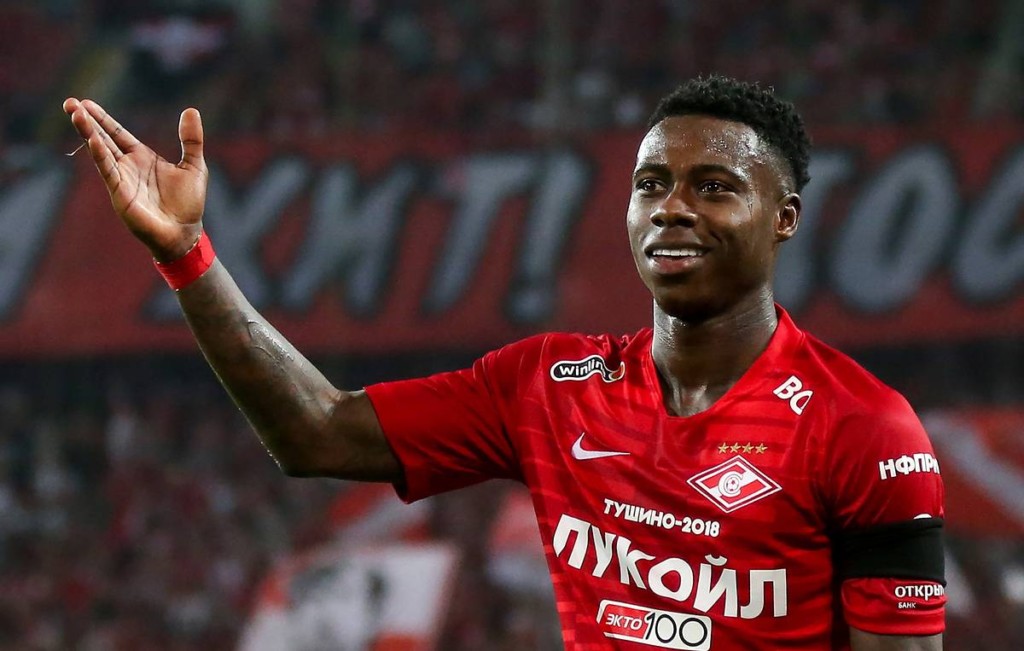
His brilliance and ability to score from wide positions endeared him to fans and teammates. He was also a threat from set-pieces.
Promes adapted swiftly to Russian football, and his first season with Spartak saw him score 13 goals, signaling his potential.
However, it was the 2016-2017 season where he truly made his mark. Promes was instrumental in leading Spartak Moscow to their first Russian Premier League title in 16 years.
His contribution of 12 goals and several assists during that campaign earned him the league’s Player of the Year award.
The success of his team during this season earned them a place in the group stages of the following Champions League season.
Although the team’s performances during their continental encounters were quite underwhelming, Promes managed to showcase his talent on Europe’s biggest stage.
During his time at Spartak, Promes established himself as one of the league’s most dangerous forwards, amassing 66 goals in 135 appearances over four seasons.
During this period of his career, he also became a regular for the Dutch national team, further boosting his profile.
National team performances
People widely regarded Quincy Promes as one of the most exciting young talents in Dutch football, so his journey with the Dutch national team began with high expectations.
Promes made his senior international debut in 2014 during a friendly against France, following impressive performances at club level.

Due to his versatility as a winger or forward, people saw Promes as a dynamic option for the Dutch attack, particularly during the transitional phase following the retirement of key veterans.
However, despite his talent and potential, Promes struggled to cement a regular starting role with the national team.
The inconsistency in his form, coupled with the emergence of other talents like Memphis Depay, meant that Promes often rotated between starting and coming off the bench.
While he delivered some critical moments, including goals during the UEFA Nations League, he only partially lived up to the star potential many had envisioned.
He was part of the squad that successfully qualified for the UEFA Euro 2020 squad after his nation had missed the last two major international tournaments.
Though Promes’ international career has seen flashes of brilliance, unfulfilled potential has characterized his journey with the Dutch national team.
Move to Sevilla and Premier League aspirations
Quincy Promes made a high-profile move to Sevilla in the summer of 2019. Fans believed Promes would seamlessly adapt to La Liga and make a significant impact.
Upon joining Sevilla, Promes initially showcased glimpses of his talent, contributing crucial goals and assists to the team’s attacking play.

In his first season, he helped the club secure a spot in the UEFA Champions League, which added to the excitement surrounding his arrival.
However, as time progressed, his performances became increasingly inconsistent.
Despite being a talented winger, Promes struggled to find his rhythm in La Liga’s more tactical environment, where defensive structures often limited the space he thrived in.
Injuries also played a significant role in his underwhelming stint. Promes faced several setbacks that hampered his ability to maintain form and secure a regular starting position.
The emergence of other attacking talents, such as Bryan Gil and Pablo Sarabia, further complicated his situation as competition for places intensified.
Off-field issues also clouded his time at Sevilla. Legal troubles arising from incidents unrelated to football added distractions, impacting his focus and performance on the pitch.
Ultimately, while Promes showed flashes of his potential, the combination of intense competition, injury setbacks, and external distractions contributed to a stint in La Liga that fell short of the high expectations set upon him upon his arrival.
Return to Ajax and inconsistencies
Quincy Promes made a notable return to Ajax in the summer of 2019, rejoining the club where he began his youth career.
His move back to Ajax was a clean slate to reignite his career after a challenging spell at Sevilla.
The expectations were high; Ajax hoped to harness Promes’ skills to bolster their attacking options and enhance their bid for domestic and European success.
During his second stint with Ajax, Promes displayed flashes of brilliance that reminded fans of his earlier form.
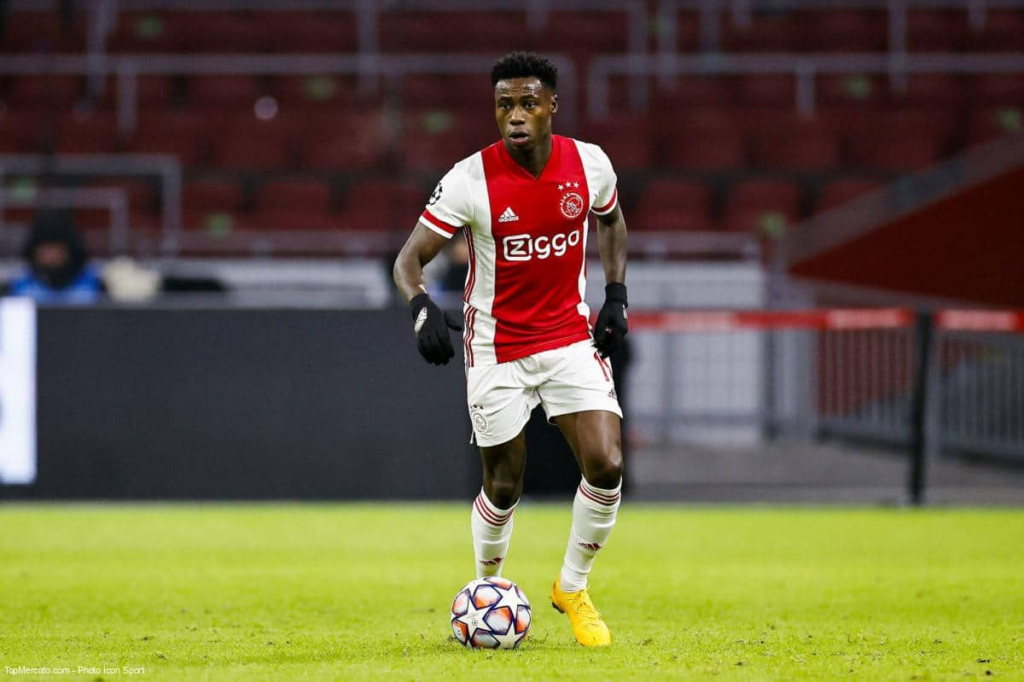
In the 2020-2021 season, he scored 12 goals in all competitions, showcasing his ability to find the net in crucial moments and providing valuable assists for his teammates.
His versatility as a winger allowed Ajax to utilize him in various attacking roles, making him a key figure in their title-winning campaign.
Despite these positive contributions, Promes’ time at Ajax was challenging.
Nevertheless, his brief revival on the pitch demonstrated that he still possessed the talent and skill to compete at a high level.
In terms of long-term impact, Promes’ return to Ajax may have revitalized his career momentarily, but it also highlighted the importance of consistency and stability in a player’s life.
For Ajax, Promes offered a glimpse of his former potential, but the lingering distractions ultimately clouded the prospects of a lasting positive impact on the team’s future success.
Off-the-field issues
Significant legal battles and controversies have marred Quincy Promes’ football career, overshadowing his potential as a player.
One singular incident sent his entire career into a downward spiral that continues to snowball into more legal issues today.
At a family barbecue, Promes goes ballistic after learning his cousin has stolen an expensive necklace from his aunt.
He seizes a knife and stabs his cousin multiple times in the thigh.
In what led to a phone call with his dad later that day regarding the event, Promes said to his dad, “Why did you jump in front of him? You saved his life. I would have killed him.”
Little did he know that the police were recording his phone calls.
But why was his phone bugged in the first place?
Now, it gets deeper.
In late 2020, news reports came out that Quincy Promes was embroiled in a drug-related incident. The Dutch wunderkind who flirted with Russia was now involved with the Mafia? Yeah, this had to be the story of the year after “COVID-ball.”
This situation escalated into criminal investigations, and while Promes denied the allegations, the accusations took a toll on his reputation and focus on the pitch. The Dutch authorities sentenced him in absentia for 6 years. He also received 18 months for aggravated assault.
His career in the European top flight was over.
Promes’ legal troubles overshadowed his footballing potential, which once had him earmarked as a future star for both Ajax and the Dutch national team.
The contrast of his undeniable talent against the backdrop of personal controversies highlights a tragic aspect of his career, ultimately leaving fans to ponder the depths of his fall from grace.
The decline
Quincy Promes’ return to Spartak Moscow in 2021 marked an attempt to rekindle the form that once made him a star in Russia.
Initially, his return was greeted with optimism, with Spartak hoping he could rediscover the explosive form that helped them win the title in 2017.
Despite brief flashes of his old brilliance, Promes’ influence on the pitch significantly diminished compared to his first tenure.
One of the main challenges in his second spell has been his inconsistency.
While he still contributed with goals and assists, his performances lacked the same dynamism and reliability that made him a standout player during his earlier years.
Additionally, Spartak’s fluctuating fortunes and managerial changes during this period did not provide the stability needed for Promes to regain his best form.
The negative attention from these legal issues hung over him like an albatross and cast doubts over his long-term future in football.
There was a period when he went AWOL with respect to football, and I wondered what might have gone wrong or if he was in a good head space.
As it turns out, this might have been in a desperate attempt to evade the authorities or stay away from public scrutiny.
With his decision to remain in Russia after the start of the full-scale invasion of Ukraine, he basically nailed what was left of his career and reputation to the mast of a sinking ship.
Despite helping Spartak win the Russian Cup final in 2022, the club decided not to renew his contract for the 2024/2025 season due to his lingering issues and conviction.
But going back home was out of the question, so he headed to the United Arab Emirates to avoid extradition.
Unable to leave the UAE, Quincy has signed with Dubai United.
The legacy of Quincy Promes
The outcomes of an event, albeit predictable sometimes, can come in different ways. This still applies in football.
At 32, Promes can only offer teams a buffet of legal troubles, diminishing influence on the field, and inconsistency. His days at the top level of football are over.
And just like that, he joins a group of players like Paul Pogba, Memphis Depay, and Kevin Strootman, who never fulfilled their potential.
. @SevillaFC pic.twitter.com/ONYrricDBN
— Quincy Promes (@QPromes) August 31, 2018
Quincy Promes lies at the intersection of “streets will never forget” and “what happened to” footballers who held so much promise as kids but never lived up to the billing under the bright lights.
With a lawsuit waiting for him, he is one misstep or peace treaty away from getting deported back to his homeland to answer for his crimes.
Who wrote this?
Bienuoma Agaga-Akpati is a software engineer, writer, eSports player, and sports enthusiast, presently working with a group of ambitious Africans to transform the writing industry. With good knowledge of various sports and eSports, coupled with his keen ability for research, he loves analyzing ideas and topics that fosters the growth of the sport and eSports scenes. In his spare time, he enjoys creating content and engaging in discussions across various platforms.












